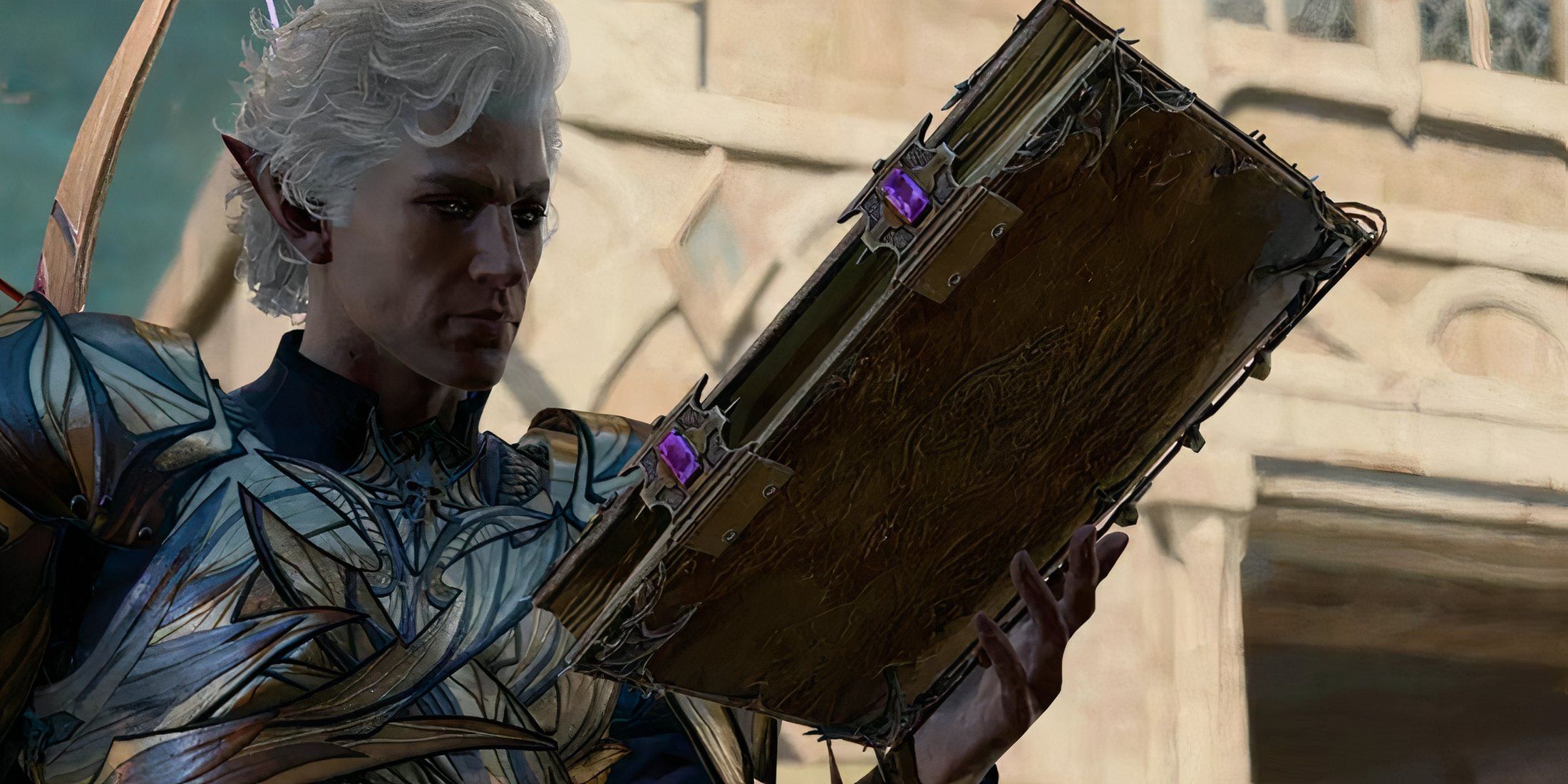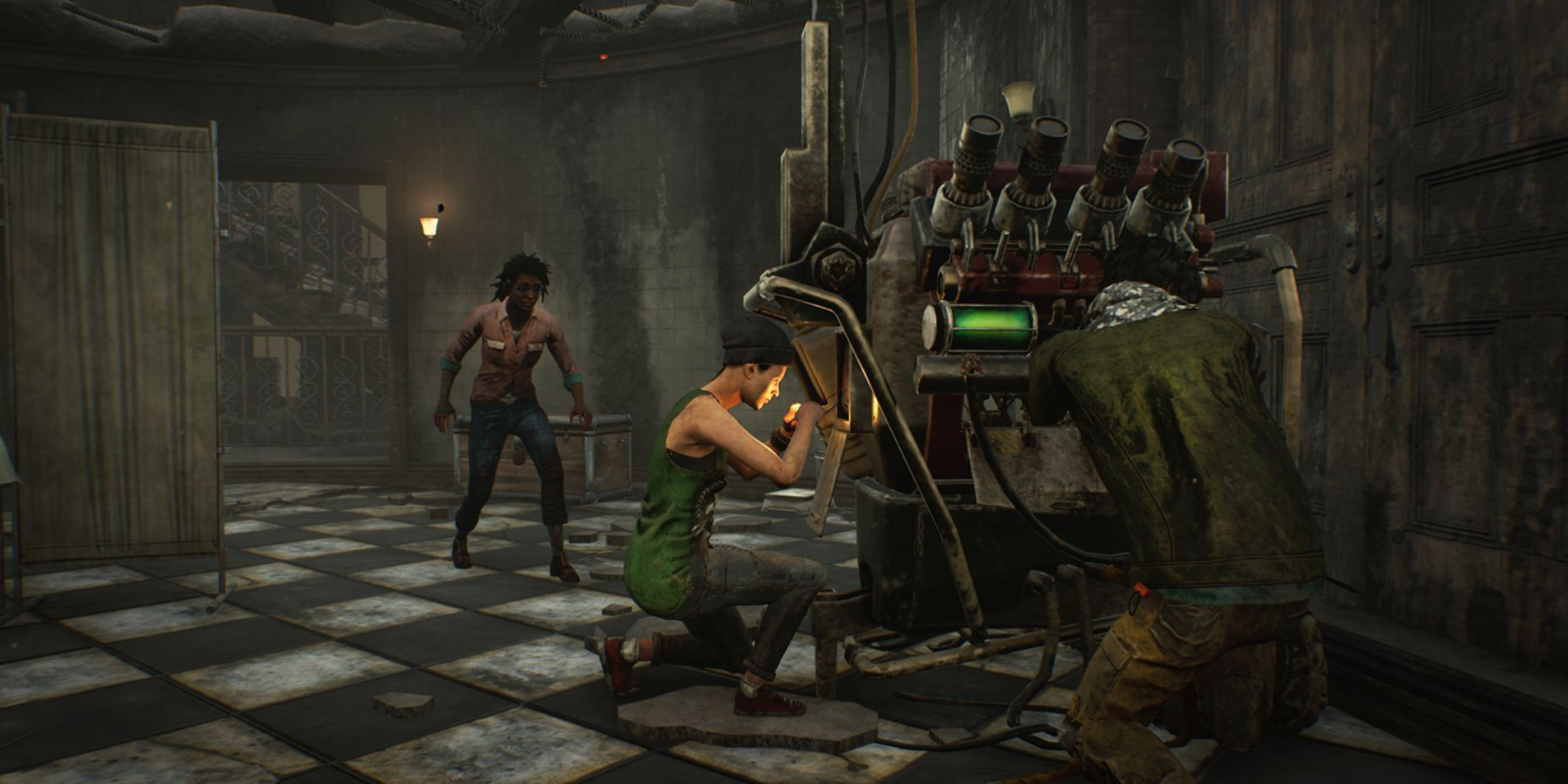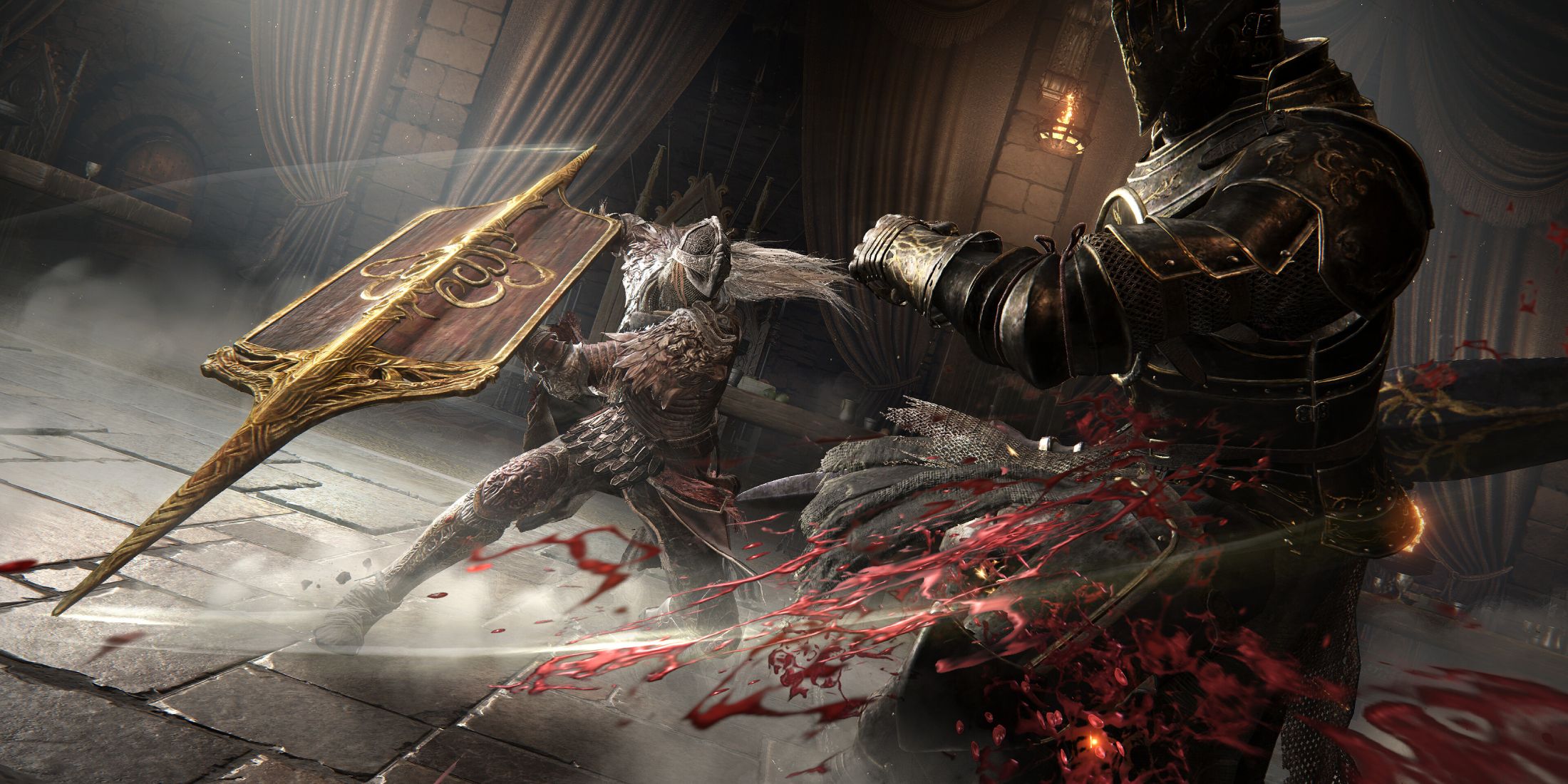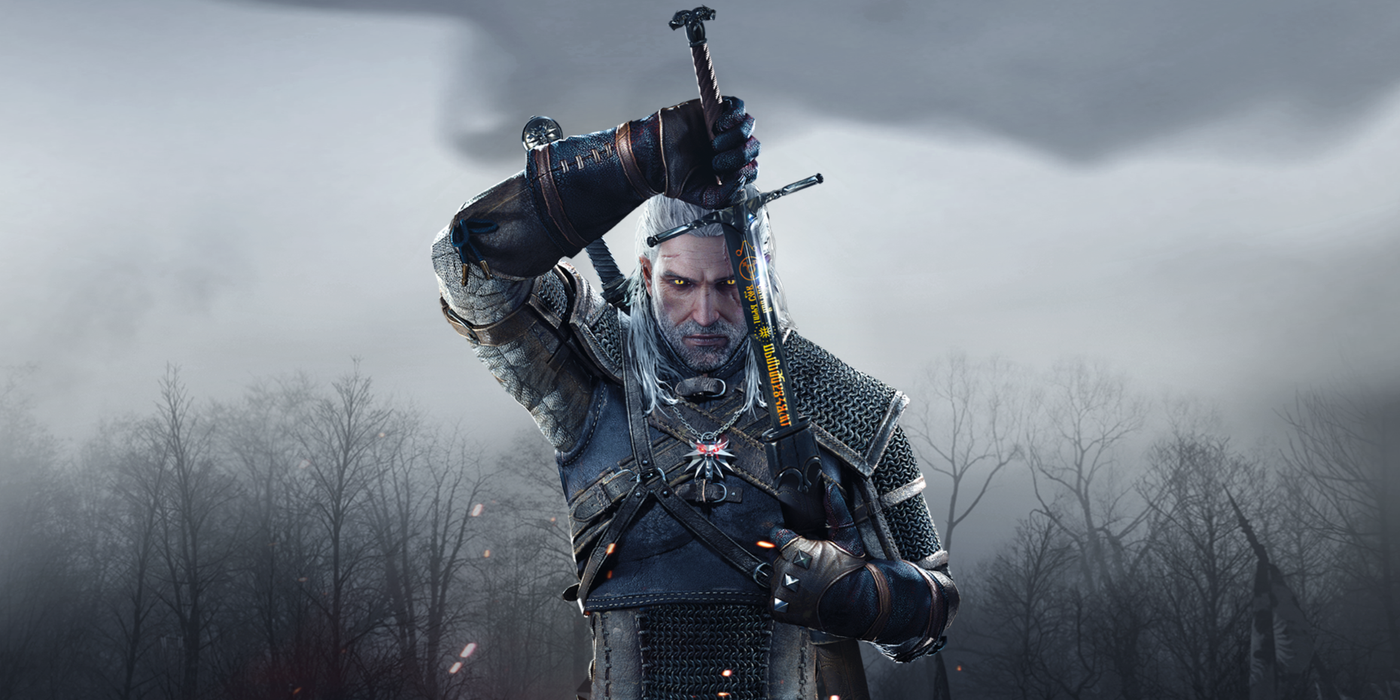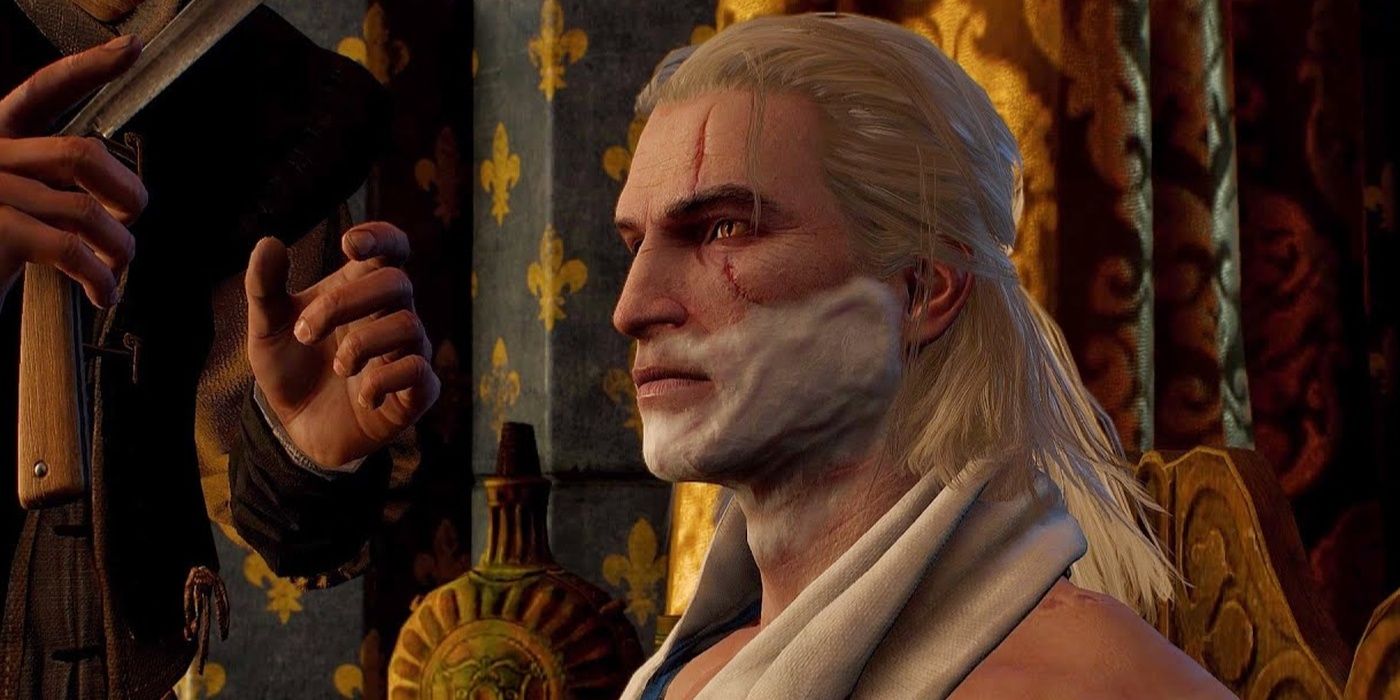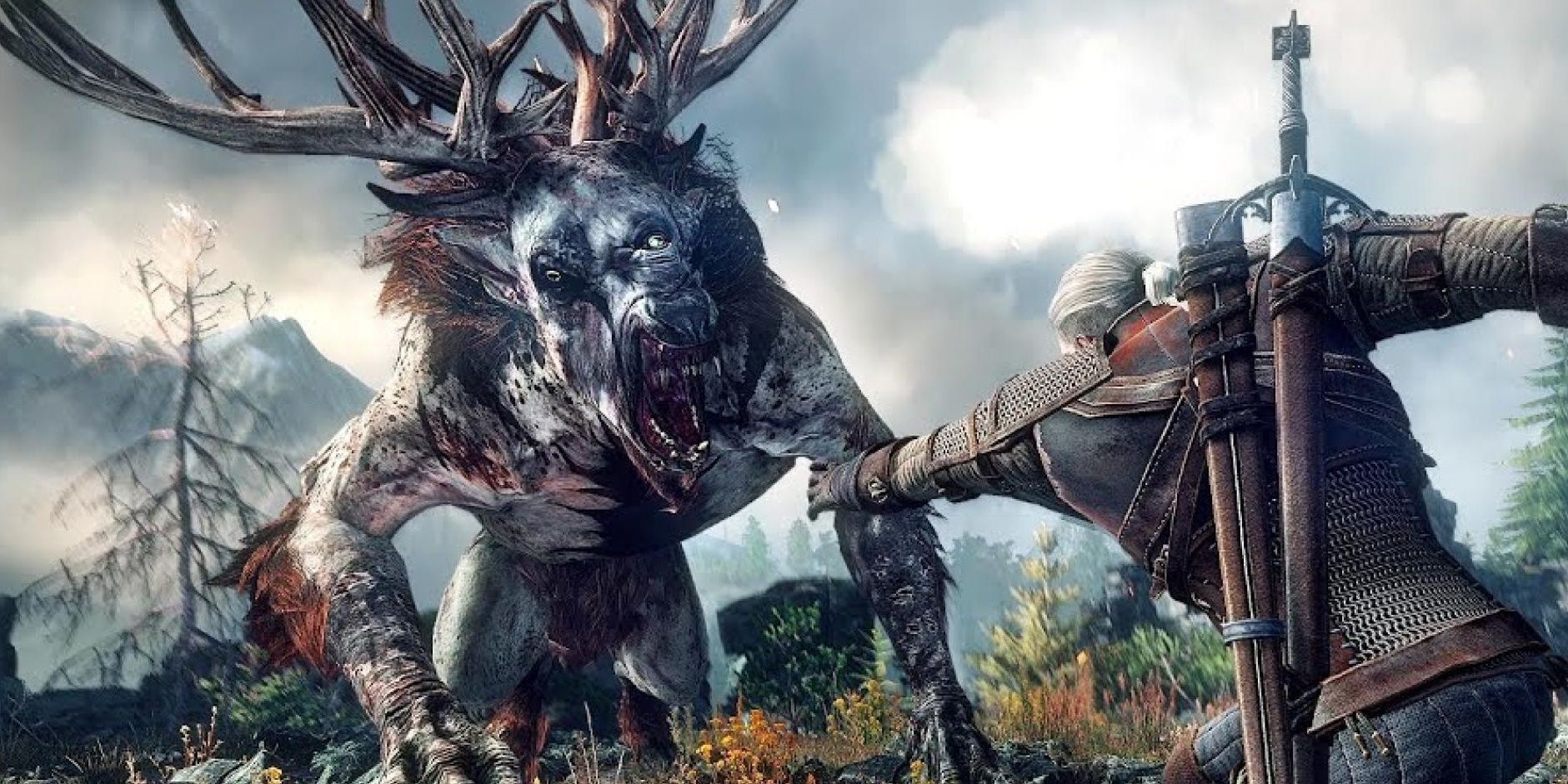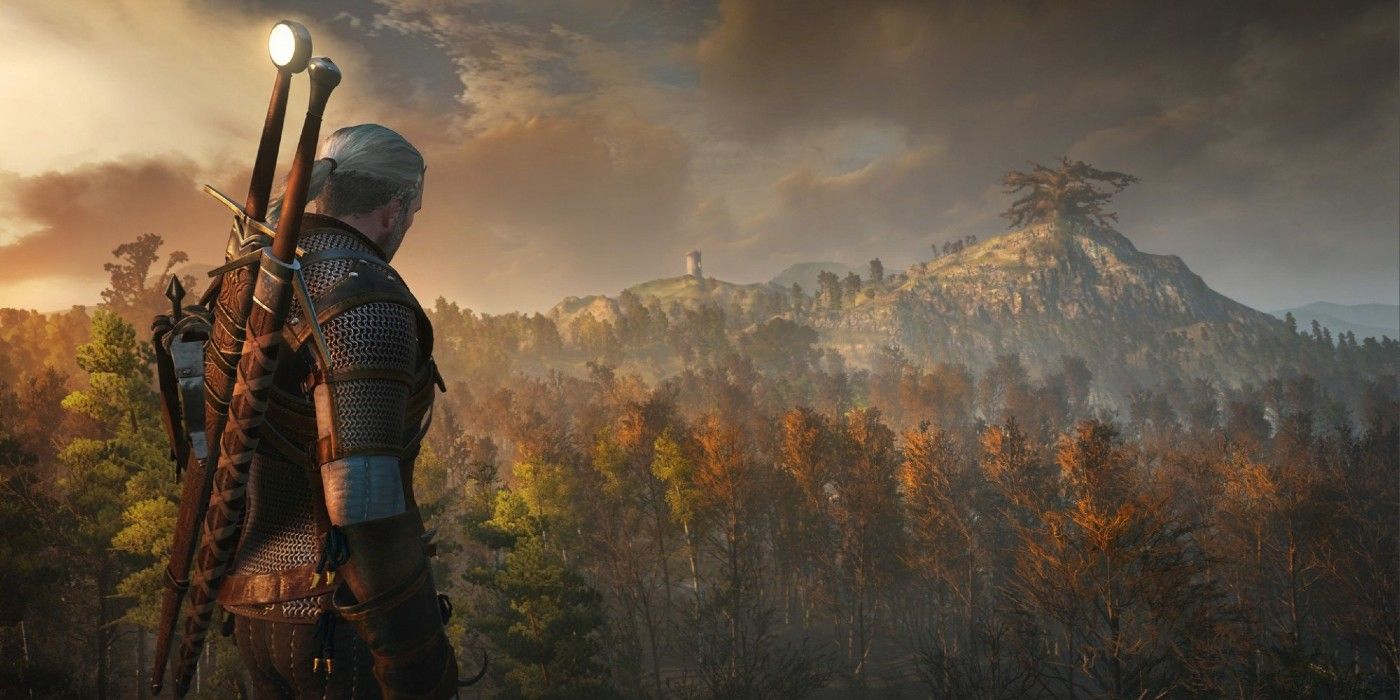Over the last 10 years of RPGs, both the video game variety and otherwise, players have seen an increased focus on customization and personalization of the player character, as the design philosophy that players should be able to experience the game world as anyone they like becomes increasingly prevalent. One of the most popular RPGs of the decade, however, stands in defiance of the trend. The Witcher 3: Wild Hunt’s Geralt is a clearly defined character with a book series-worth of backstory that the player is not made aware of by default when entering the game.
Why, then, does Geralt remain one of the most immersive and successful RPG protagonists in video games, despite The Witcher 3 seemingly breaking all the rules of immersion, or, at least, subverting all the industry's trends?
Customization vs Characterization
When comparing The Witcher 3 to the other big-hitting RPGs of its time, the game’s protagonist seems to buck all the trends, working for the exact reasons other player characters fail. Bethesda's decision to have the player character voice-acted in Fallout 4, for example, only helped expose the lack of depth in the game world as many players suddenly found that their inability to identify directly with the PC was undermined. The difference between the character's written and spoken lines alone created a level of disconnect, making the game feel more like a shooter than an RPG to many.
In The Witcher series, not only is Geralt voiced, but Doug Cockle’s performance is rich with distinctive personality. While players get to make big decisions at key points in the game’s narrative, there is still a consistent character thread throughout Geralt’s personality that runs through the story. Geralt is far less customizable as a character, yet remains simultaneously far more relatable to the player and more immersive to play.
The specificity of Geralt’s character strikes contrast with the intentionally generic voices chosen for Fallout 4’s player characters and those in other RPGs like Dragon Age: Inquisition. Geralt’s sardonic detachment from his surroundings makes him an enjoyable and endearing character to follow, but that doesn’t help explain why he remains relatable – why it is that players can place themselves in his shoes in the story despite how different he is from (most) players.
Gameplay and Narrative Immersion
In part, Geralt is a uniquely successful character because his status as a Witcher in the story mirrors the detachment of an RPG player themself. Geralt’s lifestyle mimics the priorities of most players in-game – he is always on the move and in constant need of coin, attaching character incentive to the many side quests players complete in The Witcher 3 and the near-insatiable desire for loot which few RPG players are able to resist. Unlike in Fallout 4, which like The Witcher 3 has a plot involving the pursuit of a missing child figure, Geralt's diversions feel like necessary survival tactics, not out-of-character distractions.
Geralt's mannerisms and muted emotional expression, a side-effect of his Witcher mutations, also mimic the position of the player as partially in the story AND outside of the story. Geralt, like the player, is able to interact with the world, but also holds status not only as an outsider and observer.
Although The Witcher 3's plot is ultimately an intensely emotional story for Geralt, the baseline level of emotional detachment inherent to his character actually aligns him far more with the average player. There is a level of emotional investment generally inaccessible to both Geralt and the player, Geralt because he is a Witcher, and the player because they know that, at the end of the day, they’re only playing a video game, and the stakes are only so high. This makes many players' desires to poke fun at The Witcher's world through their dialog options make perfect sense coming from Geralt.
The protagonist of The Witcher 3 may not resemble many players, and there are still many unanswered questions about Geralt's story. What CD Projekt Red does to align the player with Geralt, however, is subtle and ingenious. While Geralt is a sympathetic and enjoyable character, instead of attempting to align Geralt’s actions or personality to the internal life of the player, the design aligns the player’s presumed actions when playing the game with the internal life of Geralt. Behavior incentivized for gameplay reasons has a mirrored incentive in the character's personality.
While this may seem obvious to some, there are few games that could make completing every single side quest or smashing all the pots in someone in the room something players would inherently do. Instead, players are supposed to understand a certain level of detachment between the gameplay and the story. While that detachment still exists in The Witcher, the game goes to great lengths to bridge the gap, with The Witcher mutations and lifestyle helping to explain in-game phenomena from health regeneration to some of the more ridiculous things players can get up to in the RPG.
CD Projekt Red’s next game, Cyberpunk 2077, promises that players will have “the freedom to make their own character and play the way they want to play.” With some fans already concerned that the voice chosen for a male V, the game’s PC, was too gruff, players can already see how CD Projekt Red’s design philosophy is running up against the increasing desire for player character customization. There's a fine line, though, and it seems plausible that CD Projekt Red could accomplish both.
The Future of RPG Protagonists
There are genuine criticisms to be made of The Witcher and the lack of flexibility of a character like Geralt. For one, having a character’s gender, race, and sexuality set in stone can reduce immersion for players whose real-life identity does not align with the PC. However, perhaps the impetus to develop and include interesting characters of marginalized identities in games should be on the developers, not the players, with opportunities being made for more diverse stories to be told, rather than developers simply telling the same stories while allowing the player to change their identity in their own experience of the game.
Two schools of design have emerged among Western RPG developers, one which prioritizes customization, the other which prioritizes characterization. The reason Geralt remains such a successful example of the characterization school is because the character as written is so well-adapted for making the priorities of an open-world video game like The Witcher 3 seem totally in-character.
Even as other RPGs allow for more and more customization, developers should look to Geralt’s example and avoid allowing that customization to strip the player character of a personality which is distinct from the player's, as long as it aligns with the player’s in-game goals. As the genre develops, it is that approach which will make plunging new depths of video game immersion possible. Otherwise, players will likely see greater character customization at the necessary expense of protagonist depth, and their consequent investment in that character’s story.
The Witcher 3: Wild Hunt is available now on PC, PS4, Switch, and Xbox One

